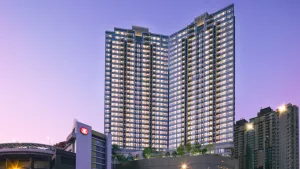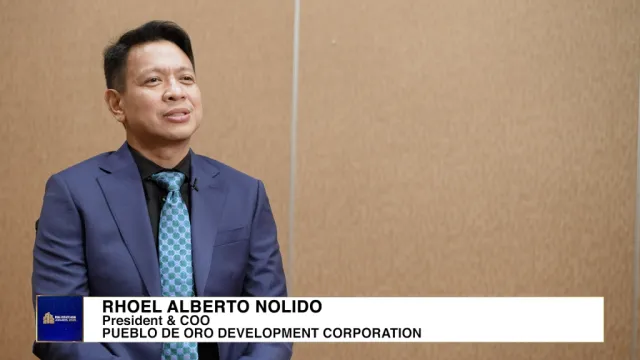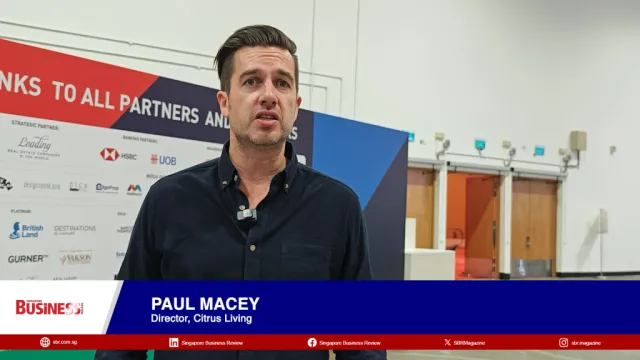
Tokyo office vacancy to rise significantly in 2023
Blame it on oversupply and underwhelming demand.
Gone are the days when office spaces were easily getting tenants regardless of the building’s specifications. JLL says following the government directives for corporates to adopt work-from-home initiatives and prolonged economic uncertainty, tenants have started returning non-essential office space.
Here’s more from JLL:
However, the rise in Grade A office vacancy across Tokyo’s five central wards was not seen in the rest of the market. As of end September 2021, JLL identified 203 Grade A office buildings, of which 99 were fully occupied. On the other hand, 8 buildings recorded a vacancy rate of 20% or more, and 46 buildings exceeded the market equilibrium vacancy rate of 4-5% showing the uneven vacancy distribution.
It is expected that vacancy rate in Tokyo's office market will rise significantly in 2023 and further in 2025. The rise in the vacancy rate will not be solely due to the decline in demand, as seen during the 2008 financial crisis, but due to oversupply alongside the current weakening leasing demand.
An unprecedented large-scale supply is expected to come on stream in 2023 and 2025 respectively. Unlike earlier market conditions where developers could attract tenants merely by developing new buildings, the upcoming oversupply will require developers to devise ways to attract tenants. One way they are doing that is by incorporating technology and software into their office buildings.
Specifically, developers are incorporating technology, such as facial recognition and security software, at building entrances and elevators to avoid contact and congestion. However, in the long run, global warming and climate change will become bigger concerns, requiring our attention. Owners and occupiers are already considering the wellness of people working and visiting the building. Globally, tenants are asking for efforts to reduce carbon emissions and excluding buildings that do not demonstrate such commitments from the list of potential properties.
This trend is accelerating worldwide. Even JLL managed properties are witnessing an increasing interest in the environment, hygiene and wellness of buildings. This includes requests from tenants for disclosure and improvement of air quality measures. In the future, sustainability will not be evaluated on efforts alone. It will be necessary that they are quantifiable and recognised by tenants and investors. With so much competitiveness in the Tokyo office market, those who are prepared will gain an edge over those who aren’t.



















 Advertise
Advertise







